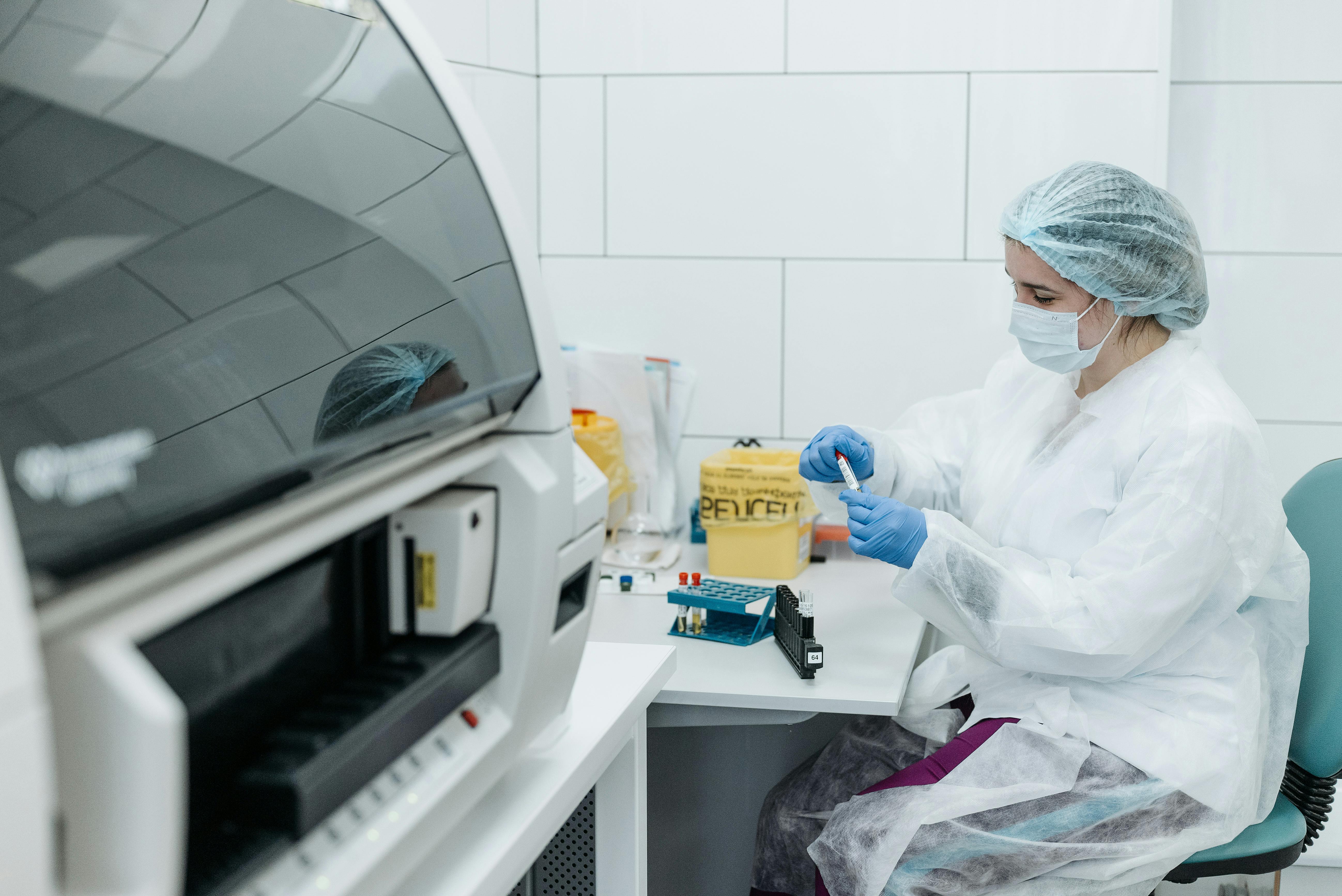Cancer blood test prototype could one day be a game-changer
Nov 10, 2025 // Study Updates

Imagine if a simple blood test could check for early signs of cancer – for several common cancers all at the same time. If that test came back positive for one or more, imagine the benefit if you could start treatment at a much earlier, easier-to-treat stage of the disease. And, zooming out: calculate the savings to the health care system if more cancers were detected, then treated, much earlier.
A biotech company thinks it has a promising model for that future multi-cancer blood test, and will use OHS participant blood samples to advance its latest prototype that looks for lung, colorectal and prostate cancers.
miRoncol Health has spent 5 years developing this multi-cancer blood detection test. The test looks for microRNA (miRNA) in the blood to detect early-stage cancers.
The OHS will provide blood samples from up to 2880 OHS participants who were cancer-free at the time they provided blood, had no prior history of cancer and remained cancer-free for 2 years. These samples will serve as miRoncol’s ‘control group’.
The Ontario Tumour Bank (OTB) will supply up to 2880 blood samples from individuals who are not OHS participants, but who previously provided OTB with cancerous tumour samples . The OTB is not affiliated with the OHS, but both are located at the Ontario Institute for Cancer Research in Toronto.
miRoncol will use OTB cancer blood samples and the OHS cancer-free blood samples to validate its latest prototype by performing microRNA sequencing on the provided lung, colorectal and prostate cancer blood samples. The company then hopes to use the results to help make it’s updated model into a cost-effective PCR-based assay or test.
Developing a low-cost, single blood test to check for multiple cancers would greatly benefit people at risk for cancers, especially in communities with limited resources, notes Christopher M. Gallagher, MD, Chief Medical Officer, miRoncol Health. Currently, cancer screening options are limited to only a few cancer types (breast, colon, cervix, and lung). Nearly 70% of cancer deaths occur in cancer types with no screening options.
Participant privacy is protected
The OHS blood samples will be de-identified, meaning miRoncol researchers will not be able to identify who provided the samples. The company is prohibited from sharing or disclosing the data or samples provided by the OHS, and any remaining samples will be destroyed or returned to OHS.
Future researchers may benefit
As with all its data agreements with researchers, the OHS will receive back any ‘derived data’ – new data generated because of the research project – after an agreed-upon time period. This means the OHS will be able to make that additional data available to approved academic researchers, so that the broader scientific community may benefit.
